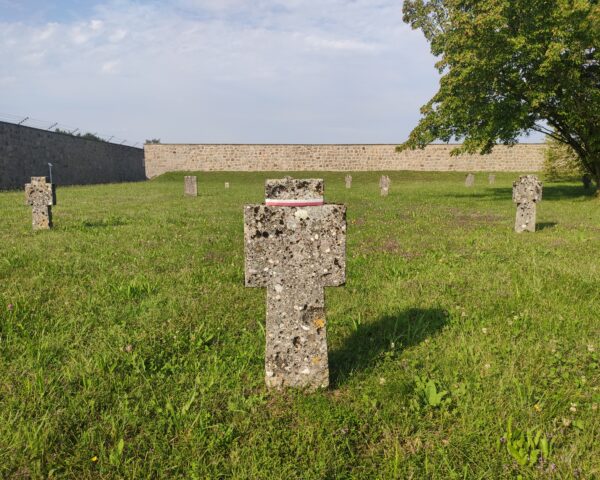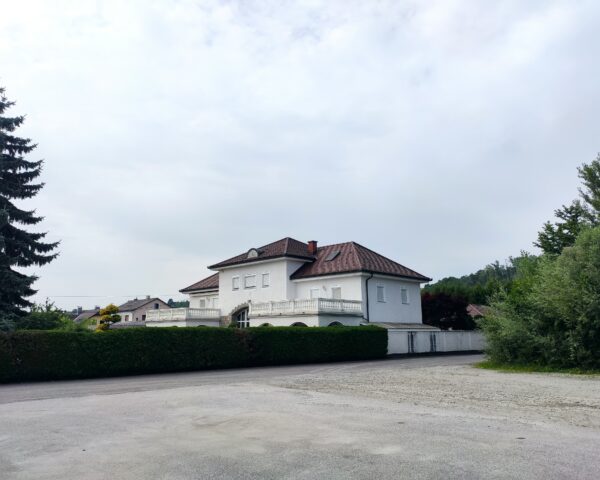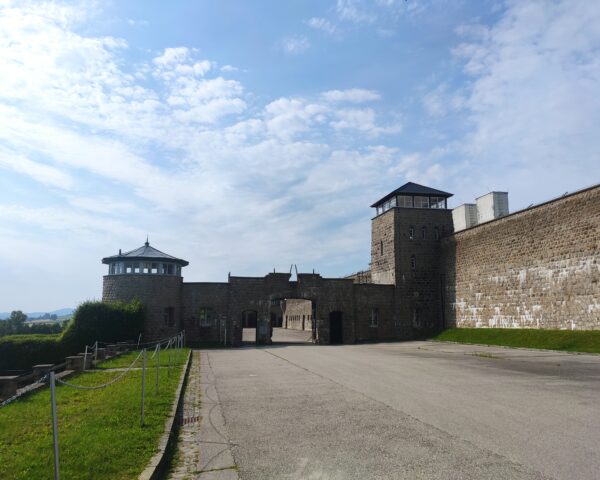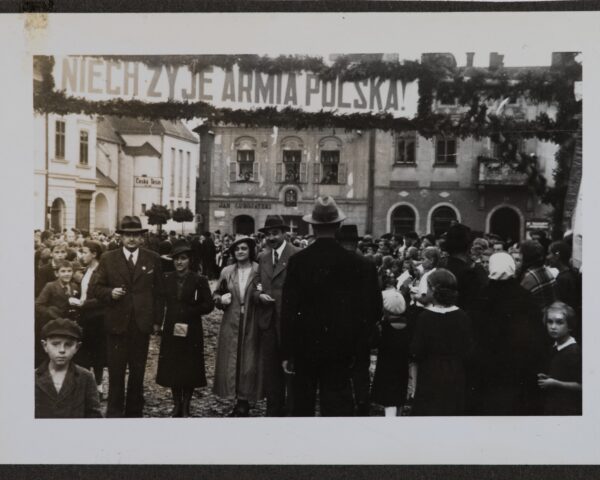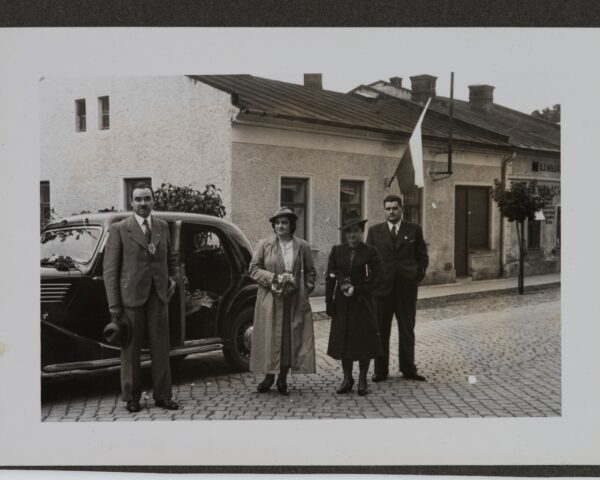“In the People's Republic of Poland, there was a record on my father because he belonged to the PPS, the independence movement, the anti-communist movement,” says Krystyna Sławik-Kutermak. “We learned to love him in silence, in conspiracy, illegally. And then, all of a sudden, Zimmerman appeared at our apartment in Katowice, a man who not only had worked with my father, not only had witnessed how he saved people, but also spoke about him with the greatest respect and emotion. Not in a half-whisper, not in hints, but loudly and directly. The forbidden ceased to be forbidden.” Elżbieta Isakiewicz, Gazeta Polska, August 20th, 2003
Henryk
Sławik

Stage 10 - Denial
“In the People's Republic of Poland, there was a record on my father because he belonged to the PPS, the independence movement, the anti-communist movement,” says Krystyna Sławik-Kutermak. “We learned to love him in silence, in conspiracy, illegally. And then, all of a sudden, Zimmerman appeared at our apartment in Katowice, a man who not only had worked with my father, not only had witnessed how he saved people, but also spoke about him with the greatest respect and emotion. Not in a half-whisper, not in hints, but loudly and directly. The forbidden ceased to be forbidden.” Elżbieta Isakiewicz, Gazeta Polska, August 20th, 2003
Henryk Sławik, born 16.07.1894 (July 16th, 1894) in Szeroka
Henryk Sławik was born into a poor Silesian family. He was a journalist, a participant in the three Silesian Uprisings, a member of the Polish Socialist Party, and a delegate to the League of Nations. Due to his pro-Polish activities before the war, he became a target for the Nazis. After the outbreak of war, he managed to flee to Hungary, where he helped other Polish refugees. He was later appointed Chairman of the Civic Committee for the Care of Polish Refugees. He tried to help anyone who turned to him for help. In cooperation with the Hungarian government delegate József Antall, he issued documents that proved to be a ticket to life for many people. He founded the Polish Orphans’ Home, which enabled him to save thousands of adult and child Christian and Jewish orphans from death. Henryk was arrested by the Gestapo in July 1944. During the investigation he took all the responsibility for his actions, refusing to admit that he knew Antall and thus saving his life.
Henryk Sławik was imprisoned in the Mauthausen concentration camp. He was murdered in Gusen on the 23rd of August 1944. Jadwiga, Henryk’s wife, survived the Ravensbrück camp. She managed to find her daughter Krystyna, who was taken care of by the Antall family during the war. After the war, for political reasons, the Polish state-maintained absolute silence on Henryk, his activities, and his family. Henryk’s wife and daughter lived in poverty and were harassed by the state. It was not until 1990 and the testimony of his co-worker Zvi Zimmerman that he was recognized in Israel and posthumously awarded the title of Righteous Among the Nations. In Poland, it was only a decade later that steps were taken to restore the memory of Henryk Sławik and his heroic actions.

source: Collection of the Association of the Jewish Historical Institute / Museum of the History of Polish Jews POLIN

source: Collection of the Association of the Jewish Historical Institute / Museum of the History of Polish Jews POLIN

source: Collection of the Association of the Jewish Historical Institute / Museum of the History of Polish Jews POLIN

source: Collection of the Association of the Jewish Historical Institute / Museum of the History of Polish Jews POLIN

author: Tomasz Cebulski
Denial
This is a stage, occurring after every genocide. The perpetrators obliterate traces of the crime, hide evidence, and intimidate witnesses. They deny committing any crimes and often blame the victims for what happened. They block investigations and try to stay in power until they are forcibly forced to give it up or flee. Only fair and just trials and the imposition of punishment by courts or tribunals prevent the impunity of perpetrators and the progressive denial of crimes. Silence is one of the most common forms of denial. Silence following genocide perpetuates lack of awareness and denial.
How is this person’s story related to the stage of genocide in G. Stanton’s theory?
The story of Henryk Sławik has been politically and memorably consigned to oblivion. His Silesian origin, pre-war political involvement in the Polish Socialist Party, and diplomatic work for the government in London were uncomfortable topics, which were practically non-existent in communist Poland. After the fall of communism in Poland, thanks to the commitment of the Survivors, the family, and a growing group of people interested in this story, the memory of Henryk Sławik and his heroic deeds finally broke the conspiracy of silence surrounding this extraordinary man.
Righteous Among the Nations – the highest decoration for civilians established by the Knesset – the Israeli parliament – to honor non-Jews for selfless help given to Jews persecuted by Nazi Germany during World War II. To date, over 27,000 people from 51 countries have been awarded the title of Righteous, including more than seven thousand Poles.

